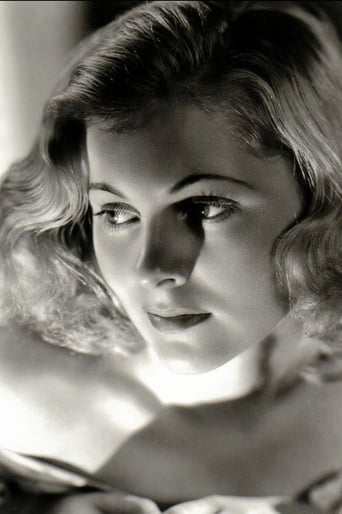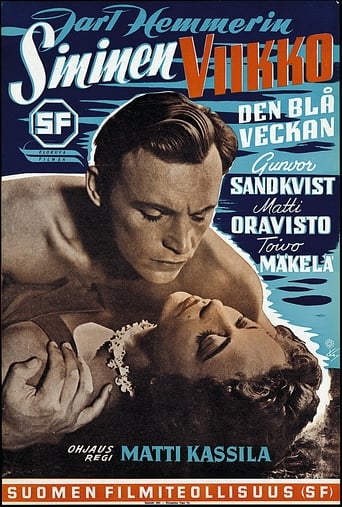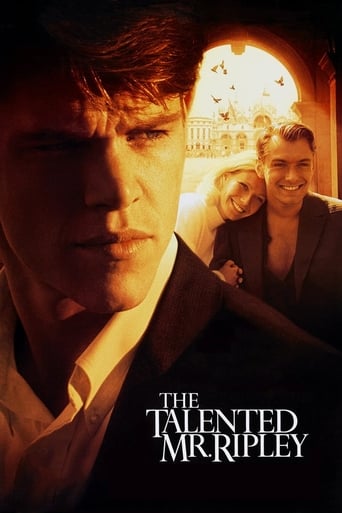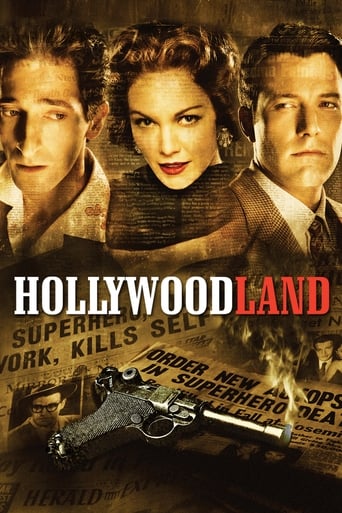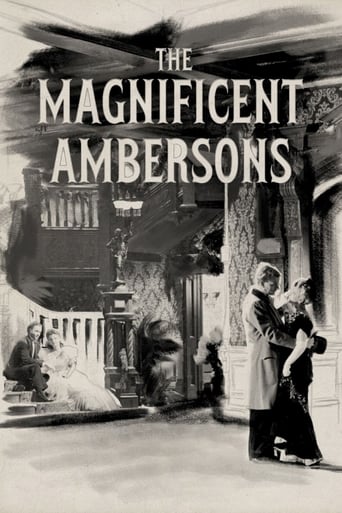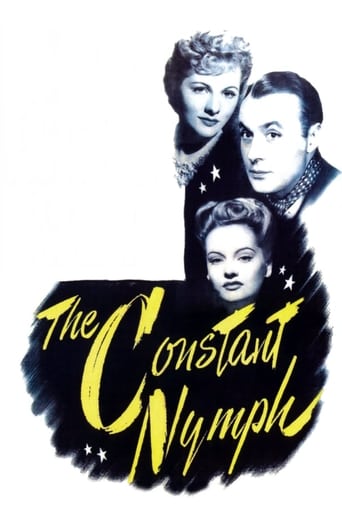

The Constant Nymph (1943)
The daughter of a musical mentor adores a promising composer, who is quite fond of the adolescent. When her father dies, an uncle arrives with his own grown daughter, who begins a romance with the composer which culminates in marriage but creates an emotional rivalry that affects the three.
Watch Trailer
Cast


Similar titles
Reviews
The idea of Joan Fontaine at age 25 playing a teenage girl certainly inspired my curiosity about this film. Her performance, which was one of her favorites, was Oscar nominated. Tessa Sanger is a role of complexity and Fontaine gives her a naive nobility in the body of a girl who is energetic and awkward. The daughter of a musical composer, she is infatuated with Lewis Dodd (Charles Boyer), a family friend who periodically comes to visit.Lewis is a frustrated composer with little regard for social conventions. His cynical nature is somewhat abated whenever he visits the Sangers, who live far outside the city. Lewis marries into a rich family and his wife, Florence (Alexis Smith), does her best to accommodate his artistic temperament, but she begins to see Tessa as a divisive factor in their relationship.The music in the film supports the film's story about love. Tessa's love is selfless and pure, the stuff of pure romanticism. Such sentiments are not available to Lewis, and his compositions reflect his inability to access emotional depth. Musical director Erich Wolfgang Korngold supplies a score that consciously illustrates the contrast between the dissonance of modernism with the melodic lushness of romanticism. This culminates in the dramatic and satisfying final scenes.Fine acting, solid direction by Edmund Goulding, wonderful music, beautiful fashions (if only they were in color!) all make for a unique film about love that may be timeless despite the tragic consequences of time. At its core is the performance by Fontaine, who is a joy to behold.
The Constant Nymph (1943) Joan Fontaine, Charles Boyer, Alexis Smith. O.M.G! When I was a teeny bopper in 1943 when this came to our neighborhood theater, I was entranced. A girl only a bit older than me in love with an older dreamy guy - and he loves her back. O.M.G! But , but! I watched the DVR'd copy last night and I was soooo disappointed. Fontaine is drippy. It is one of Boyers worst films. Smith comes out with her dignity in tact. And, I was underwhelmed by the music. I've longed to see this again all these years, but now wish it was still among the 'lost.' "Be careful what you wish for - you just might get it." 5/10 http://www.imdb.com/title/tt0035751/
I saw this film on television when I was in my early teens but unfortunately, due to legal problems over the screenplay rights, it cannot be shown on television or released to video at this time. I have collected several recordings of Korngold's beautiful score including a moving performance of his Tone Poem "Tomorrow". The film's star, Joan Fontaine, has said this is, along with "Letter From An Unknown Woman" (1948) her favorite among her films. Fortunately the film is safeguarded in the Turner vaults and hopefully they will be able to bring this truly wonderful movie back into the public eye in the near future.
I forgot to mention in my review that Kennedy followed this movie with a story about the youngest of the "Sanger's Circus", his son Sebastian. She began with a play "Escape Me Never" which was followed by a film of the same title directed by Peter Godfrey and released in 1947. Although its plot was evidently similar to "The Constant Nymph", it failed to achieve the success of the latter film. By the way, I can tell one of your reviewers where to get the music from the film, though unfortunately not the video, although I did see the video on TV in the '50's so the cellulose nitrate on which it probably was recorded must have lasted that long, anywqy. Unless Turner copied it on acetate, I assume it is gone forever.



